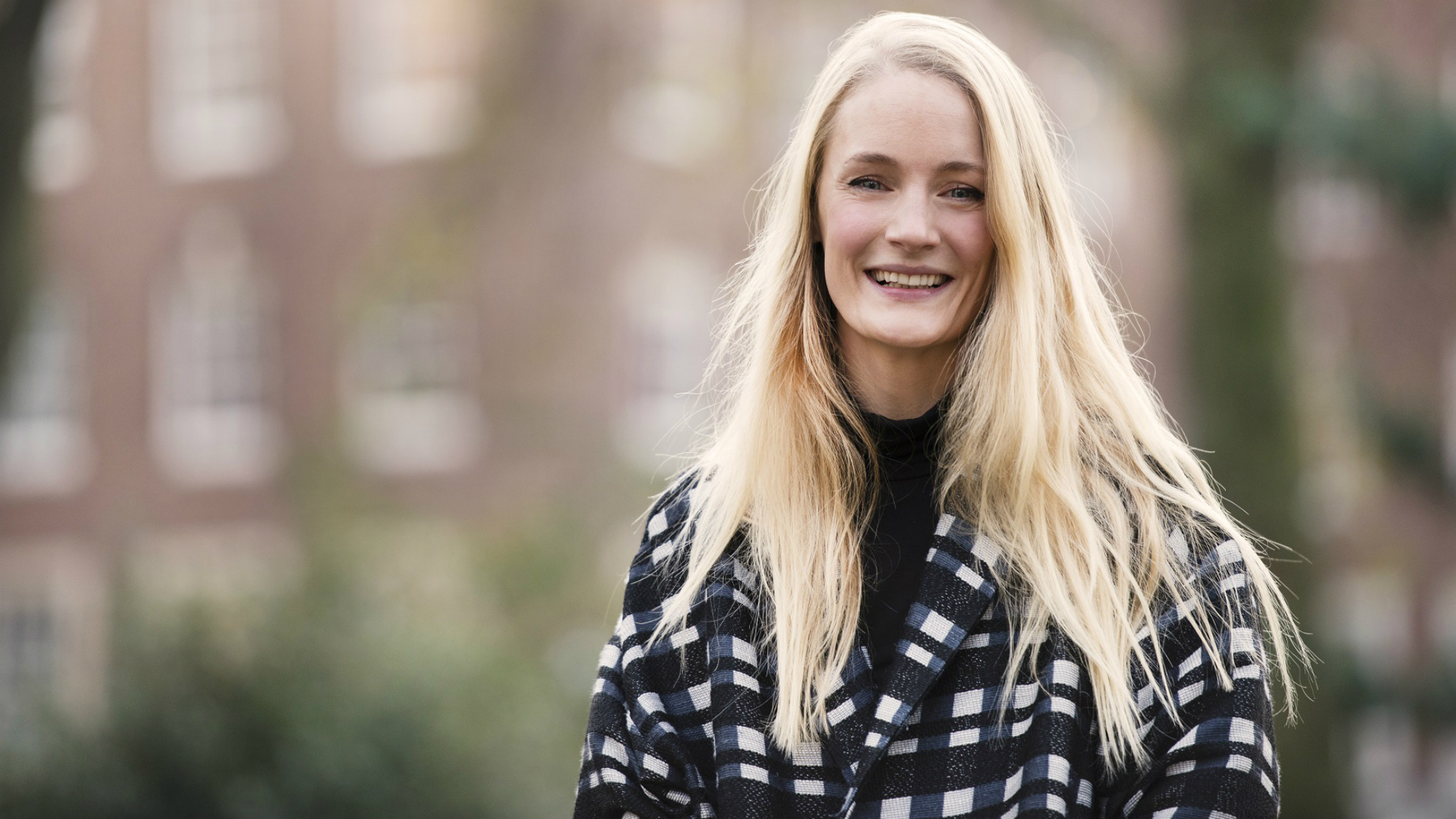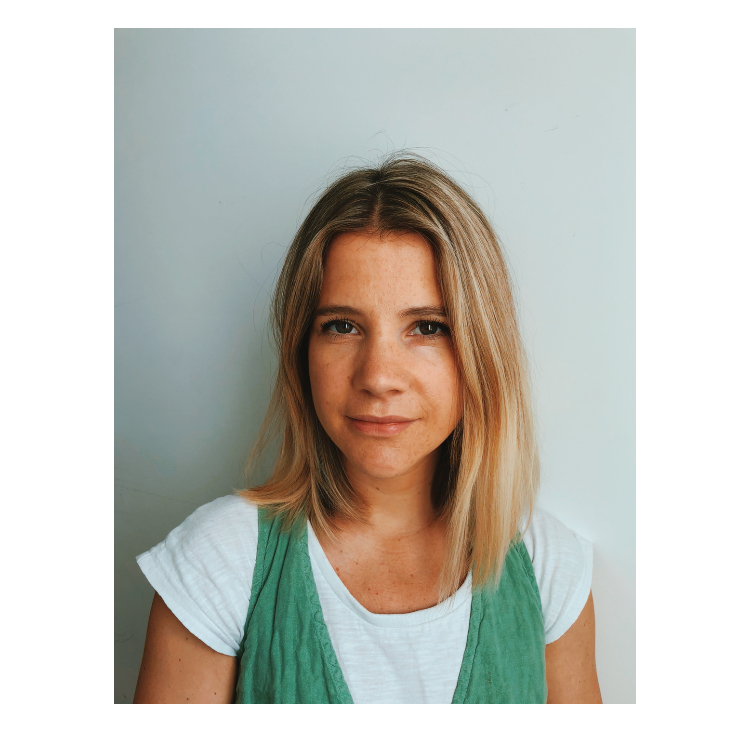Author Lucy Foley on how to craft the perfect country house murder mystery
Next up in our Writers Bloc series, Lucy Foley, author of the highly-anticipated The Hunting Party, shares the tricks of her trade


Next up in our Writers Bloc series, Lucy Foley, author of the highly-anticipated The Hunting Party, shares the tricks of her trade
Lucy Foley worked for several years as a fiction editor in the publishing industry - during which time she also wrote the historical novel The Book of Lost and Found, which was a bestselling debut of 2015. Lucy, 32, lives in London and writes full-time. Her fourth novel The Hunting Party is published by HarperCollins in January 2019. Buy the ebook here
Where do you write? Are you one of those novelists who can write anywhere, or do you have a special place where your mind focuses best? 'Mainly places with background noise and coffee on tap. I have several favourite cafes across London where there’s a happy confluence of great music, caffeine and Wi-Fi. Bars work, too, if they’re not too drunken. And I love going on a cheap mini-break on my own, somewhere like Rome or Paris, and lugging my notebook around the city to work in different spots, or writing in my Airbnb. There’s something about being away from home and all the paraphernalia of life and demands on your time that’s very freeing.'
What inspires you? Do your books tend to start as the kernel of an idea and develop as you start to write, or do you plot meticulously before you dive in? 'There’s always a kernel. It might be a place — that was the case with The Hunting Party. I was staying in a cottage on a remote, snowy estate in the Scottish Highlands and thought it would be a great spot to get a group of friends up to see in the New Year. Then I thought it would be a perfect setting for a murder mystery, and the two ideas converged... In terms of plot, I have an idea of where things will begin and end, and vaguely how I will get from A to B, but I don’t plot it all out on a board or anything like that. In The Hunting Party I knew from the beginning ‘whodunnit’ and who had been murdered, and what some of the big reveals would be, but I left the rest to work itself out more organically. I’ve tried meticulous plotting out in the past and have realised I’ll never stick to it all once I actually start writing. Your characters surprise you, or new — and perhaps better — ideas creep in. I want to leave room to accommodate those, so I find it better to keep it fluid.'

How many drafts do you tend to write, and do you edit as you go or prefer to push through to the end and work through any problems in rewrites? 'Probably three drafts in total. I tend to write in my notebook and then, when I come to type it up, there’s an automatic editing process that occurs. Then I’ll edit further once I’ve got it all typed up and organised, so the whole thing has really been edited twice before I send it to my editor.'
Are you a plotter or do you let the story unfold in the writing of it? 'A bit of both. I have the shape of the story in my head, but with room to breathe, so things can change and surprise me as I write. That’s part of the joy of the whole process, for me. With The Hunting Party, certain characters surprised me: suddenly new, surprising aspects of their personalities came to me, or important secrets they had been keeping from one another (and from me!). There were also a couple of big twists that didn’t surface in my mind until the final stages of writing. Editing is always painful. For me that’s the part of writing that feels like work. It’s difficult. And perhaps it should be, because that’s where you’re shaping your book into the best it can be, and that doesn’t happen without some hard graft.'
Have you ever suffered from imposter syndrome, and if so, how did/do you overcome that? 'I still do! I suppose with each book it feels a little more familiar, like this is my actual job — at the beginning I was too grateful and surprised that someone wanted to publish me to fully believe it. It felt like a fluke. Now, when I’m feeling like I can’t do it, that I don’t have the “qualifications” to write (whatever they may be!) I remind myself that I’ve felt exactly the same way before, and have always managed to produce a book at the end of it. But when I’ve read interviews with other authors I still find myself unfavourably comparing my own writing process, thinking that the way they say they go about their work must be the “right” way of doing things, and I’m just an amateur. I have to remind myself that everyone’s different.'
Marie Claire Newsletter
Celebrity news, beauty, fashion advice, and fascinating features, delivered straight to your inbox!
What does your writing schedule look like – are you a believer in the mythical golden hour or tend to work nine-to-five, or something else entirely? 'I used to try to do the nine-to-five, mainly because I’d come from working in an office, so that was my only conception of a working day. But I’ve realised I don’t work best like that. Now I tend to base my goals on word count: I aim for 2000 words a day, give or take. Some days that takes me ten hours, another day it might take me an hour, leaving me time to do other related things — plotting, research… or maybe a cheeky trip to the cinema (it’s all inspiration!). I never write until I exhaust myself — I think it’s best to have something left in the tank for the next time I sit down and write.'
If you could give one piece of advice to an aspiring writer, what would that be? 'Just write! And write regularly - every day, if you can. I know it sounds obvious, but I can’t stress the importance of getting into the habit of getting words on the page. If you have that perfect idea that you've been carrying around in your head for ages, start writing it down. You’ll immediately find — in my experience at least — that it starts feeling more tangled and messy, but that’s part of the awkward and essential process of bringing it into the real world. And you may hate what you write at first, but you’ll get better. You’ll feel your way into it, and suddenly those daily words will be something you have to do, a compulsion. I think you need that compulsion to finish a whole novel. Oh, and appoint someone who you totally trust to be honest with you as your first reader!'